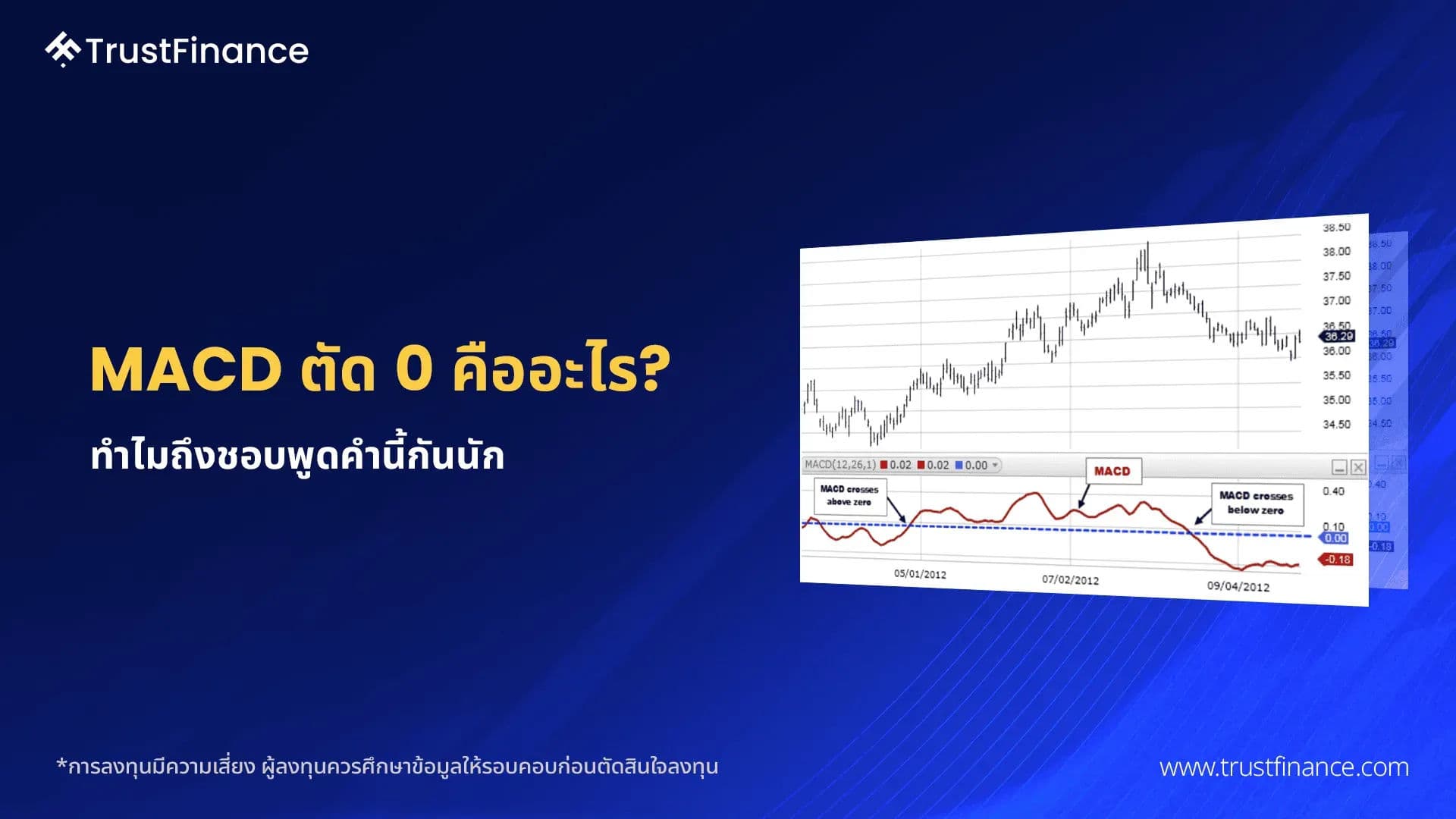The Thai economy faces challenges
The Thai economy is facing multiple challenges, including a slowdown in GDP, fluctuations in inflation, and a decline in consumer confidence [1]. These factors are affecting the country's overall economic recovery and may lead to future uncertainties.

Overview of the Thai economic situation
GDP:GDP growth in recent years has slowed significantly [2]. The export and tourism sectors, the main engines of the economy, have been affected by the uncertain global situation and the COVID-19 pandemic.

Consumer Price Index and Producer Price Index:Consumer price inflation (CPI) and producer price inflation (PPI) fluctuate greatly.[3] Higher oil and commodity prices impact production costs and consumers' living expenses.
NFP:Non-farm payrolls (NFP) figures indicate weakness in the labor market [4]. Unemployment remains a concern, particularly among youth and those in the service sector.
Consumer Confidence Index:The Consumer Confidence Index fell to its lowest point in months [5]. Consumers are concerned about the current and future economic situation, making them cautious in their spending.
Economic stimulus measures:The government has rolled out a series of economic stimulus measures [6], such as tax breaks, cash assistance for low-income earners, and investment in infrastructure.

Impact on the stock market, interest rates, and currency exchange rates
- Stock market:The Thai stock market has been volatile in line with the economic situation [7]. Foreign investors have sold shares due to concerns about political and economic uncertainty.
- interest:The Bank of Thailand (BOT) may consider raising the policy interest rate to control inflation [8]. However, the interest rate hike may affect the economic recovery.
- Currency:The baht has weakened against the US dollar. [9] A weaker baht may be good for the export sector, but it increases the cost of imports.

Information from analysts and financial organizations
Analysts from the IMF and World Bank predict a gradual recovery for the Thai economy [10, 11], supported by the recovery of tourism and exports. However, risks remain from the uncertain global situation.

Summary of trends and analyst comments
The short-term economic outlook for Thailand remains uncertain [12]. The recovery of tourism and exports will be key drivers of the economy. However, the government must pursue prudent fiscal and monetary policies to maintain economic stability.
Latest figures:
- GDP Growth (YoY): 2.5% (latest quarter) [2]
- CPI Inflation (YoY): 1.5% (Latest Month) [3]
- Consumer Confidence Index: 45.0 (Latest Month) [5]
It remains to be seen how the market will react to this news in the coming period.
Related articles from TrustFinance
- 🏦 MacroeconomicsThailand's Macroeconomic Challenges: GDP, Stimulus Measures, Consumer Confidence
- 🏦 MacroeconomicsMacroeconomic indicators: GDP, CPI, PPI, NFP, economic stimulus measures
- 🏦 MacroeconomicsMacroeconomic Overview: Navigating Global Economic Uncertainty
refer
- Trade Economics:Trade Economics
- GDP:Thailand's GDP growth rate
- Consumer Price Index and Producer Price Index:Thailand's Consumer Price Index (CPI)
- NFP:US non-farm payrolls
- Consumer Confidence Index:Thai consumer confidence
- Economic stimulus measures: (Please refer to official Thai government sources)
- Stock market:Thai stock market
- interest:Interest rates in Thailand
- Currency:Currency of Thailand
- International Monetary Fund:Thailand and the International Monetary Fund
- World Bank:The World Bank in Thailand
- OECD:Summary of OECD Economic Forecasts for Thailand







